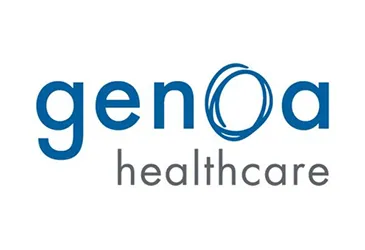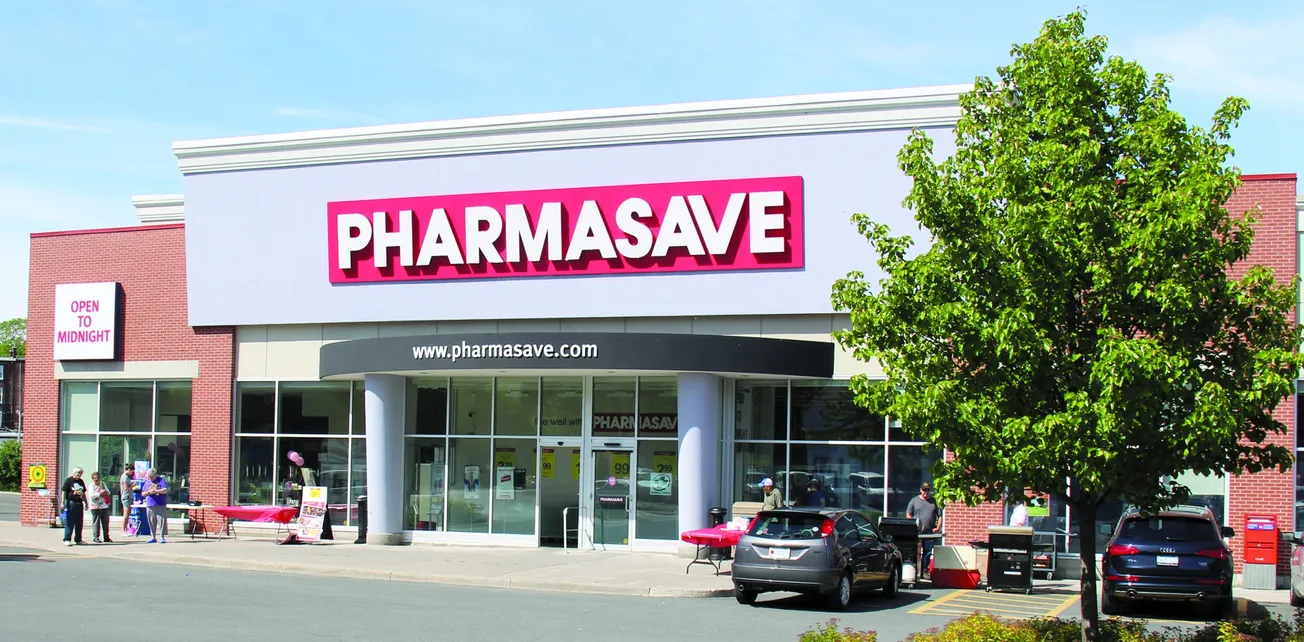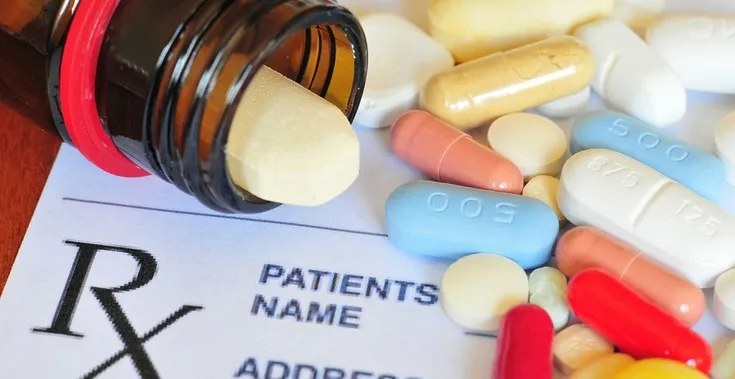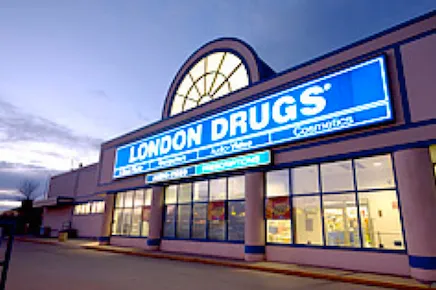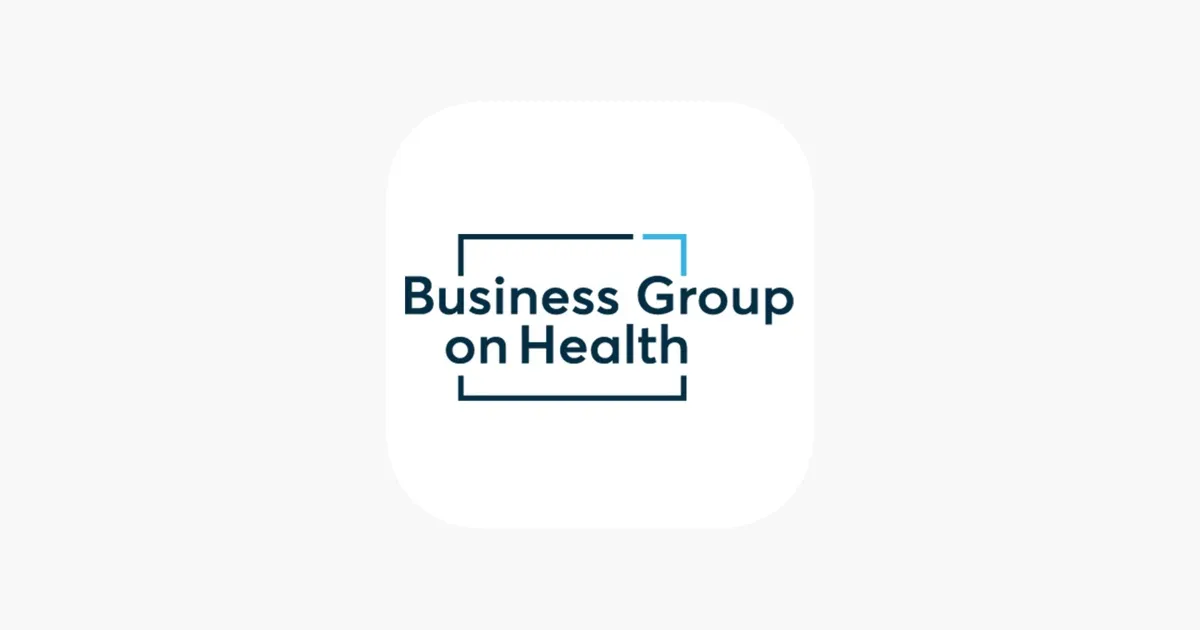RENTON, Wash. — Pharmacy teams play a critical role in health care delivery and are in a unique position to improve access to care. As key partners to consumers and providers, pharmacists and pharmacy technicians provide a variety of clinical services that ensure the safe use of medications, improve medication adherence and result in better patient outcomes.
Administering long-acting injectables
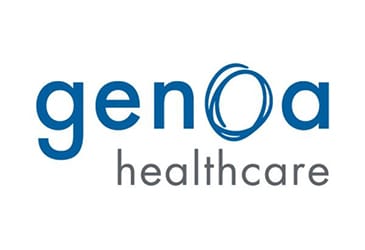
Genoa Healthcare pharmacists serve as an important resource in treating people with serious and persistent mental illness, substance use disorders and other complex, chronic conditions. Located in community mental health clinics, pharmacy teams partner closely with providers to offer patients hands-on, personalized pharmacy care in the same building as their health care provider. This clinical model enables pharmacist assistance with medication adherence, medication-assisted therapies and long-acting injectable (LAI) treatments where pharmacist administration is permitted, and demonstrates higher-than-average medication adherence rates of 90%.
When appropriate, LAI treatment can help improve outcomes for some patients. Compared to oral therapy, it offers confirmed patient adherence and consistent drug delivery. The process, however, requires reliable communication between the prescriber and the pharmacy. On-site Genoa pharmacists support patients’ prescribed treatment plans by providing consultation, filling medications and administering injections for patients in states that allow pharmacist administration of LAIs. Additionally, pharmacists call patients to remind them about their next injection and coordinate with providers to improve patient outcomes.
“A missed pill or a gap in medication administration can have serious consequences for people living with complex, chronic conditions,” said Amr Elebiary, divisional vice president of operations at Genoa Healthcare. “Partnering with clinic providers to offer services like LAI administration helps ensure our patients follow their treatment plans.”
Medication-assisted treatment
With more than 100,000 Americans dying from overdoses in 2022, improving access to medications like buprenorphine is an important step.
In a study examining the effectiveness of community pharmacies providing medication and care, Genoa pharmacists in Rhode Island administered medication-assisted treatment (MAT) for opioid use disorder. In Rhode Island, patients prescribed medications to treat opioid dependence must see an approved provider to receive care. A collaborative practice agreement allowed trained pharmacists to administer the medication and provide follow-up care.
Of 100 people who participated in the study, 58 were stabilized with pharmacist-administered treatment. Those who were stabilized were randomly assigned to receive maintenance care at the pharmacy or with their health care provider. After one month, 89% of participants who received care at the pharmacy still followed their treatment plans, compared to 17% of those who chose to receive care elsewhere.
“The study results are an example of the important role pharmacists play as part of the patient care team,” said Andrew Terranova, a Genoa pharmacist who participated in the study. “Patients can walk up to their pharmacists and ask a question about their treatment plan without an appointment. We know our patients by name, and we provide care that is tailored to individual needs.”
Increased demand for care combined with staffing shortages has led to delays for people seeking care for complex conditions like opioid use disorder and mental illness. Genoa Healthcare sees incredible value in utilizing the accessibility and expertise of its pharmacy teams to improve health outcomes for patients.
“Leveraging our partnerships with clinic staff and other members of the care team, our pharmacists can bridge gaps in care that make it difficult for medically underserved populations to receive the treatment they need,” said Todd Gustin, Genoa Healthcare CEO. “Our pharmacy teams are poised to make a difference in the communities we serve, and Genoa is dedicated to helping as many people as possible access the care they need.”

